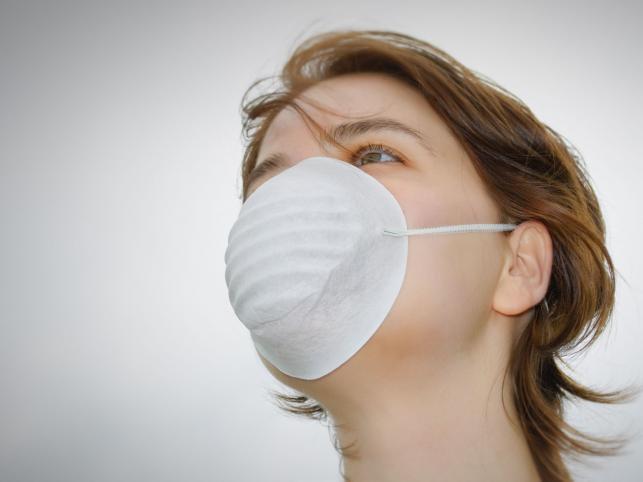
|
![]() DoctorHelps
|
Clinical Biochemical Genetics
DoctorHelps
|
Clinical Biochemical Genetics
HIV infected people feel healthy and well for a few years. But when their CD4 count severely drops, they begin to show signs of other diseases. These symptoms may include night sweats, oral thrush, sudden weight loss, swollen glands in the groin, armpit or neck, tiredness or endless diarrhea. Getting all or some of the above symptoms does mean you have HIV. It could be that you have another disease that needs the attention of the doctor.
A person who has developed the advanced HIV disease can also develop canker sores, pneumonia or tuberculosis. One point that people should note is that it is only a test that can reveal the truth about their HIV status. A home HIV test kit can be used by those of you who cannot see a healthcare expert directly. It can be ordered from an internet drug store and used according to the manufacturer's instructions.
A blood test is the ordinary method of detecting HIV. A test detects whether you have antibodies that are produced by your body to fight HIV. It may also look for antigens, a form of protein located in the HIV cell. If you get tested not long after your most recent risk episode, a lot of antigens will be detected in your blood. Antigens stop being detectable after the first few weeks of getting infected. Antibodies take up to ninety days in your blood since the day of infection. There are tests that can detect both antigens and antibodies.
After testing yourself, you may get a positive or a negative result. Either way your results need to be confirmed at your local laboratory. The result can be out within one week. The oral HIV test kit is also very common. An infected person will have antibodies in their saliva that will be detected by this kit. Note that getting HIV from saliva is not a possibility. If the test finds antibodies in your saliva, the result will be positive. Do not settle for this positive result though.
You may take a blood test at the clinic to confirm your result. If you think you might have contracted this virus recently, you should still see a doctor. He or she can give you Post-Exposure Prophylaxis (PEP) medication. PEP stops HIV from replicating and spreading in your body, hence, reducing your odds of becoming HIV positive. If you are not a healthcare professional you will be given the non-occupational PEP. This type of PEP is given to someone who is exposed to HIV outside the workplace.
But you must show up quickly to begin medication within seventy-two hours of exposure to the virus. You will take two to three antiretroviral medications for a period of twenty-eight days. Nausea is to be expected as a side effect, although not all people will have it. Note that Post-Exposure Prophylaxis is not one hundred percent effective. It is now possible to purchase a HIV test kit in most developed countries. But there are trade marks you should look for to confirm that the product you want has gone through certain regulatory processes for safety.
Leave a Comment